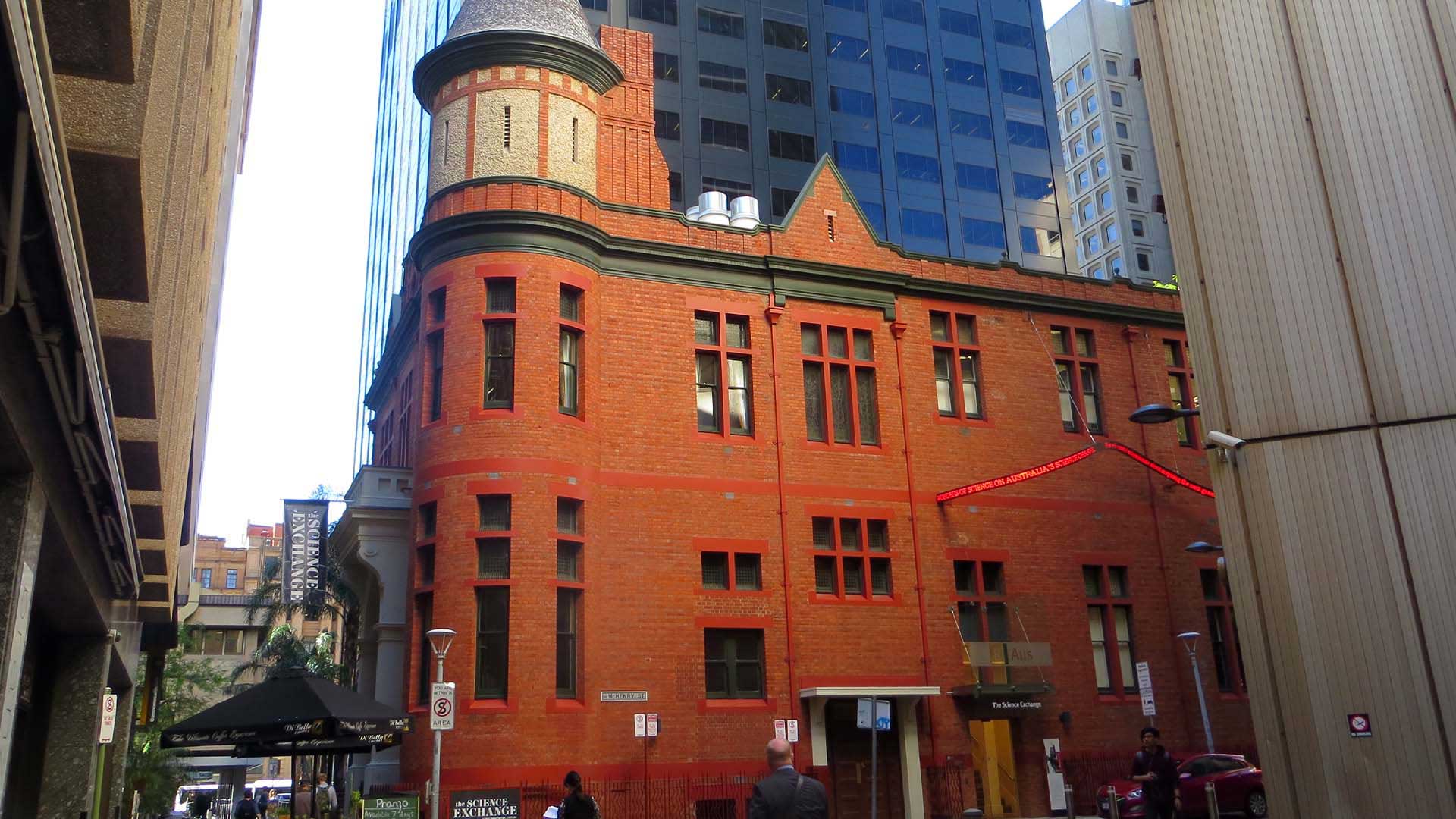
Cosmos Science City is a new free lunchtime series being presented in Adelaide by Cosmos Magazine to highlight topical science issues- and Flinders University’s Associate Professor Melanie MacGregor will be part of the first panel discussion on World Environment Day, which is Monday June 5.
Lord Mayor of Adelaide Jane Lomax-Smith will launch the new series that provides an opportunity for the general public to hear from some of SA’s best and brightest scientists and researchers.
The events will be held each month at the Science Exchange in Grenfell St, Adelaide, from 12.30pm to 1.30pm.
“We are grateful that South Australia’s three universities are collaborating on this initiative because it means we get to meet our scientists every month, hear what they do, how they do it, why they do it and what the issues are,” says Cosmos Science Digital News Editor, Ian Mannix.
“It’s Cosmos’ job to bring science to as many people as possible, online, on radio and TV and now, in a conversation at The Science Exchange auditorium.”
Guests for the first Cosmos Science City event on World Environment Day are:
Associate Professor Melanie MacGregor from Flinders University, a nanotechnologist who identifies and removes micro and nanoplastics from fresh waters and industrial wastewaters. She is leading the university’s effort to build a consortium of research-engaging industry and government authorities to better detect micro/nanoplastics and establish much needed guidelines. She will speak at the Cosmos Science City event about the impact and occurrence of microplastics, and assess current management of these types of emerging pollutants.
Associate Professor Sukhbir Sandhu from University of South Australia will share her co-authored research on how the current level of coffee cup waste is unsustainable and requires a commitment from individuals, retailers and government agencies to initiate change.
Associate Professor Douglas Bardsley from University of Adelaide will discuss how environmental planning is a solution to aid the climate crisis. He will draw from his research in Australia, Europe and Asia to discuss opportunities for the application of research to help to anticipate future risk in policy and planning.
For more info about the Cosmos Science City program, phone Cosmos’ Ian Mannix on 0448 135 587.

